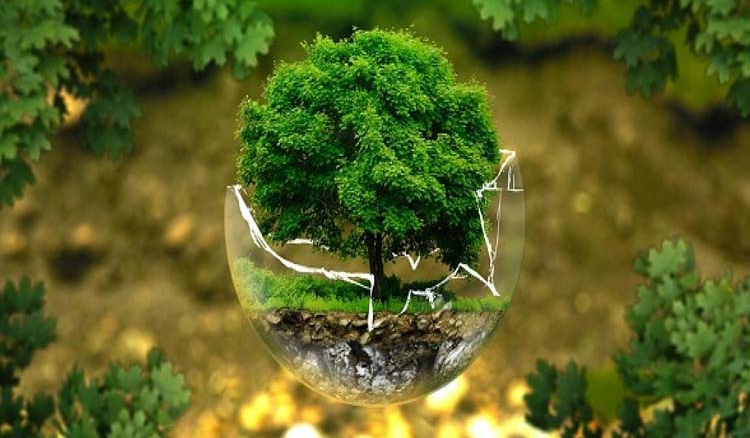The state with the highest literacy rate—the state known as God’s own country—KERALA has always been one step ahead of the other states in our country.
Now there is another reason to feel proud of this state. The Kodungallur municipality in Thrissur district has made it mandatory for new buildings to have at least two native fruit trees to be planted before a new building can be built.
This civic body in Kodungallur, Thissur district, enforced this new rule on World Environment Day, June 5.
This rule is applicable to any new building, commercial or residential, and the approved trees are jackfruit, mango, and coconut trees.
As per the rule, buildings that have more than 1500 square fet building area or built-up area of more than eight cents (one cent being 435.6 square feet) will need at least two trees to be planted. The local body will onl gant the building number if this criterion is met.
Kodungallur municipality chairman KR Jaithran said, “We have been thinking about making some rules like this for some time. Finally, the municipality declared on World Environment Day (June 5) that this rule will be enforced as part of ‘Preventing Air Pollution’, one of their projects.”
He also explained the process and said, “When people come to get the application from the local body for seeking building permit, they will have to bring the plan of the house. At that time, they will have to mark the place they have allotted to plant the trees. In the second phase, after the building is constructed, officials from the municipality will inspect the place before allotting house numbers. The officials will then check whether trees are planted in the marked areas.”
In order to prevent the rule from being challenged by anyone, the civic body has already approached the state government to add this amendment in their existing rule.
All over the world, there are laws that make it mandatory for the local governments of the countries to grow and maintain urban forests in the cities and towns. In many countries there is a growing understanding of the importance of the natural ecology in urban forests. There are numerous projects underway aimed at restoration and preservation of ecosystems, ranging from simple elimination of leaf-raking and elimination of invasive plants to full-blown reintroduction of original species and riparian ecosystems.
The benefits of urban trees and shrubs are many, including beautification, reduction of the urban heat island effect, reduction of stormwater runoff, reduction of air pollution, reduction of energy costs through increased shade over buildings, enhancement of property values, improved wildlife habitat, and mitigation of overall urban environmental impact.








